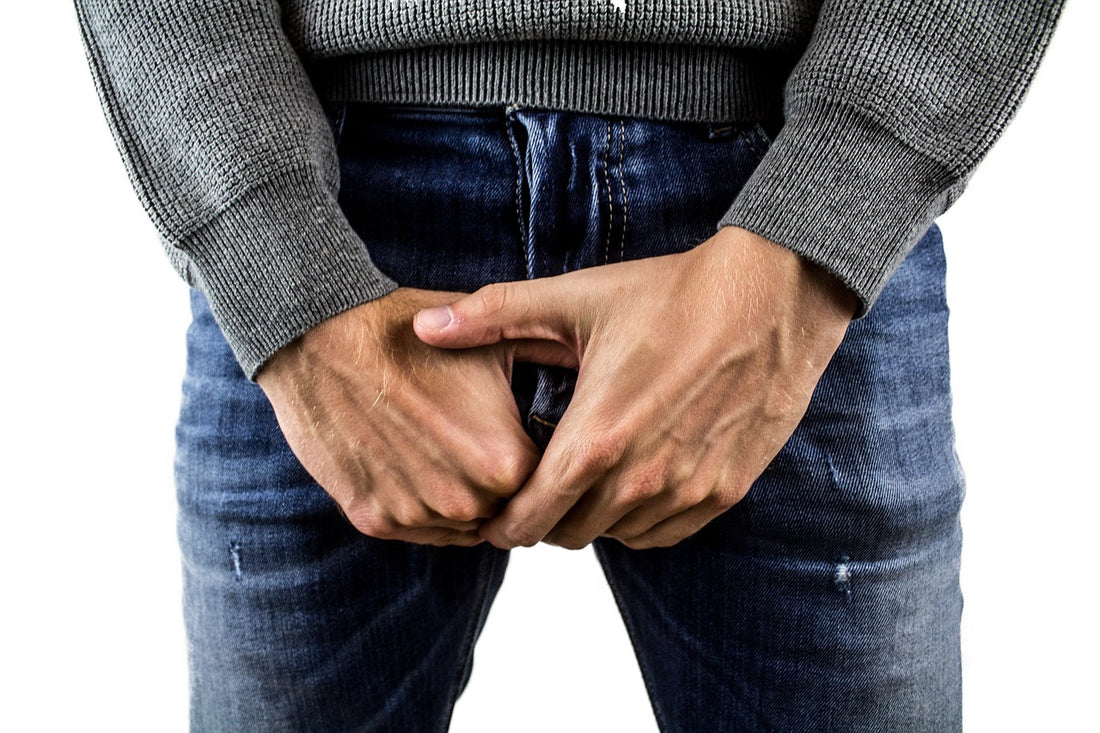Why is the prostate important?
The prostate is a gland that should be about the size of a walnut sitting underneath the bladder, deep inside the groin between the base of the penis and rectum. It plays a crucial role in reproduction as it produces a portion of the seminal fluid which mixes with sperm and helps it along on its journey.
As the world saw with King Charles in January 2024, the prostate is a part of the body that frequently causes medical problems either because it has increased in size or it develops cancer. This is something that happens to many men.
In the UK 30,000 men a year are admitted to hospital with an inability to pass urine. In Australia, these numbers would translate to about 8,000 men a year.
Urinary retention is an incredibly painful and distressing condition; and one that is associated with an increased mortality. It is extraordinarily common and benign enlargement of the prostate is now a worldwide health priority.1
50% of men aged 50 have an enlarged prostate, and this increases to 70% of men at age 70. It is an increasing health burden as men grow older.
The more you know about the prostate, its normal development and function, where it’s located, and what it’s attached to, the better you can understand how the prostate impacts a man’s life over time.
The tube from the bladder, the urethra, passes through the prostate. If the prostate enlarges then this can cause the tube to narrow. Sometimes this narrowing can make the urine flow completely stop.
Persuading men to seek medical attention early is quite a problem. It is understandable that men may be uneasy talking about their poor urine stream.
The reality is that it will not get any better – only worse. The starting point is encouraging men to be active about their health. With urine flow it is always difficult for men to “describe” their flow.
This is where the Widdleometer® can help. It is a cup that allows men to easily check on their flow in the privacy of their own home. The Widdleometer® helps men determine whether their urine flow is satisfactory or slow and in need of attention.
The first thing is to be aware that you may need a trip to the doctor where you will be asked questions such as:
- How many times do you get up at night to go to the bathroom?
- How often do you pass urine during the day?
- Do you sometimes have to return to the bathroom a second time?
Medical investigations might include blood and urine tests, a PSA, which is a test for prostate cancer. It is also common to have an ultrasound of the kidneys and bladder. These tests require careful interpretation and discussion with your doctor.
As prostate concerns continue to persist and escalate as men age, it is necessary for open dialogue to be normalised, with proactive awareness of potential issues made seamless through use of the Widdleometer®.
Dr Adrian Sheen
Inventor of the WIDDLEOMETER®

